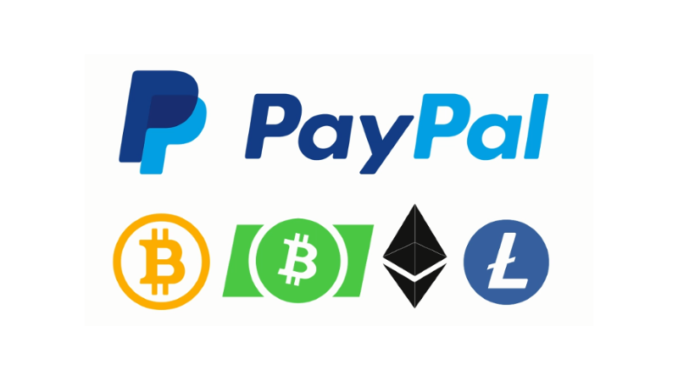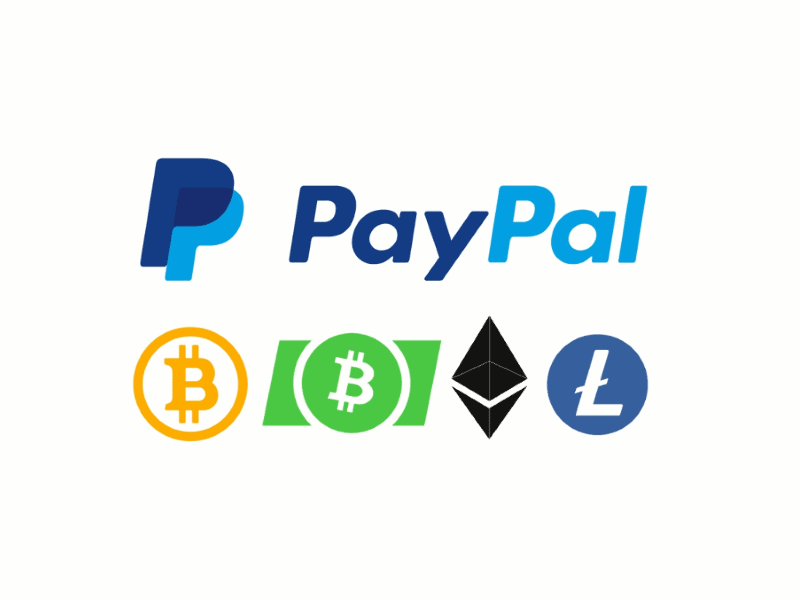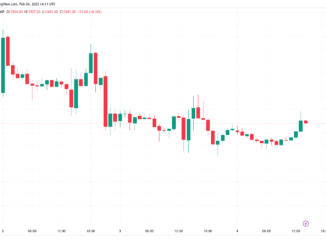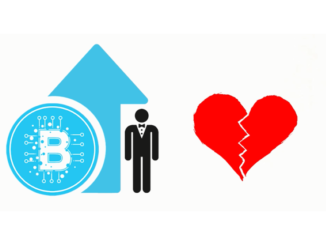

Online payments platform PayPal will allow customers to pay for products and services using Bitcoin, Litecoin, and Ethereum. PayPal plans to roll out buying options in the US over the next few weeks. However, when it comes to using the coins, the service will be entirely custodial, meaning users will not have the keys to their own coins. Nevertheless, in response to the announcement, bitcoin’s price abruptly rose nearly 5%.
UK-based fintech company Mode Global Holdings is converting ten percent of its money into Bitcoin. The maneuver follows a long list of institutional entities, including MicroStrategy, Square and Stone Ridge that see Bitcoin as a hedge against inflation.
Larry Harmon, owner of the bitcoin mixing companies Coin Ninja and Helix is now being saddled with a $60 million fine from the Financial Crimes Enforcement Network. The organization claims that by using his companies to mix crypto transactions and currencies together, Harmon violated the Bank Secrecy Act and failed to implement proper anti-money laundering protocols.
Cybercrime organization Darkside has donated roughly $10,000 in BTC to charitable organizations like Children International and the Water Project. Judging from the verbiage in the press release, the donation allegedly comes from a desire to “make a difference” in people’s lives, though it is doubtful that the charities in question will be able to accept the funds, given that they likely stem from stolen sources.
And now, this week’s Bitcoin Quick Question is: Why is bitcoin assumed to be associated with criminals?
Bitcoin is assumed to be associated with criminals for a variety of reasons, which eventually all conclude with how the media has presented bitcoin to their audiences.
The 3 main reasons:
- First, Silkroad – the previous “Amazon” of the dark web, where people were able to trade illegal products such as marijuana and fake drug prescriptions using Bitcoin as payment. When Silkroad was shut down by the FBI, bitcoin was highly associated with it in the media.
- Then second, exchange hacks – there have been several high profile attacks on bitcoin exchanges which have led to hundreds of millions of dollars worth of Bitcoin being stolen, which was heavily reported in the media
- And finally, the third reason is ransomware attacks – Hackers have become fond of using bitcoin as ransom after taking over internal organization systems of both local governments and corporations.
On the other hand, a recent report by research firm Chainalysis, suggests that only 1% of Bitcoin transactions were used for illicit activities in 2019. This means digital coins account for just a fraction of the crimes funded with cash.
For more information about criminal activity in crypto visit the link in the description below.
Have a question you want us to answer? Just leave it in the comment section below.
And a huge thanks to eToro for supporting us in putting this video together. If you’re looking to trade cryptocurrencies, consider joining the millions who are already using the unique features eToro offers, like CopyTrader, which lets you automatically replicate the moves of top performing traders on the platform. For more information, visit etoro.com.
That’s what’s happened this week in crypto. See you next week.
Original Source: https://99bitcoins.com/bitcoin-news-summary-oct-26-2020/


















